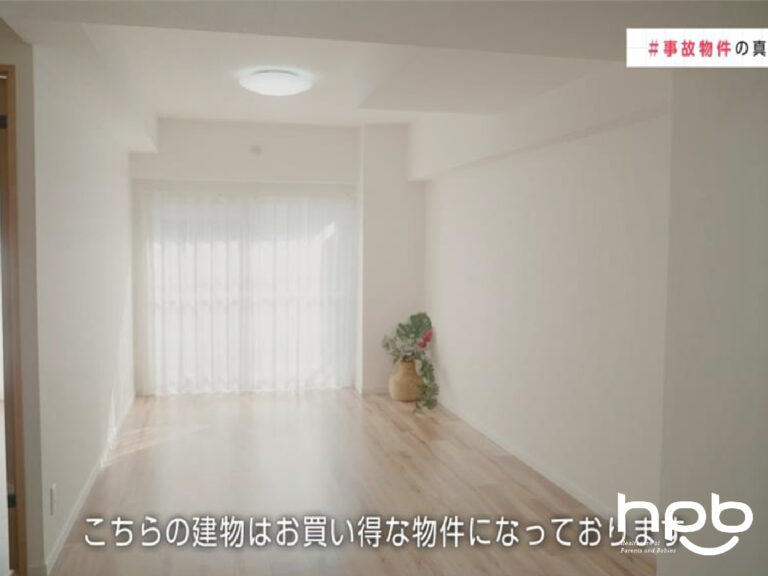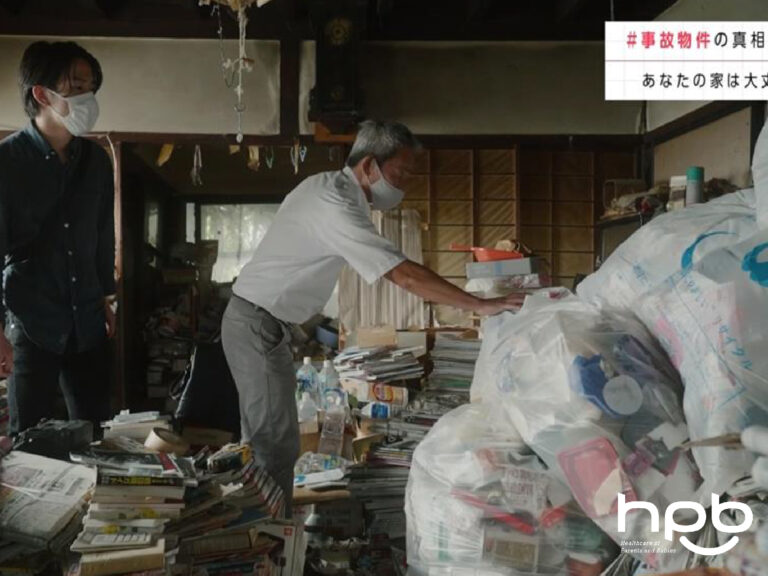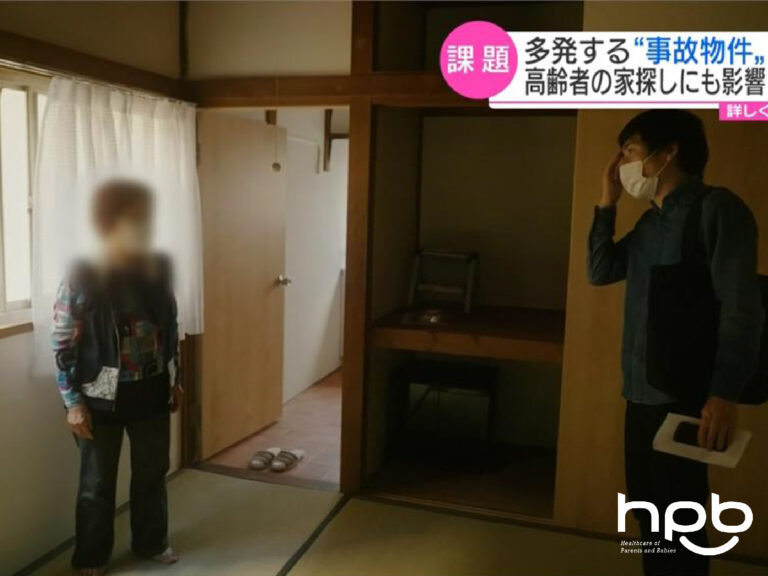Rising “lonely deaths” lead to sharp drop in housing prices, frequent rental rejections for elderly in Japan
The aging population in Japan is severe, with a new record of 36.4 million people aged 65 or above, accounting for 29% of the country’s population. The increase in elderly population has led to various social issues. In Japan, any property where a body is found, whether natural or unnatural death, is considered an “accident property,” causing a significant drop in housing prices. During the pandemic, with fewer people going out, many elderly people living alone passed away at home without being discovered for a long time, causing many landlords to refuse to rent to older people. To address the challenges faced by landlords and the elderly, real estate companies specializing in related intermediary issues have emerged.
Natural deaths inside homes still considered “accident properties”, causing housing prices to drop by 1-5%
In Japan, the “notification obligation” for homeowners is quite extensive. Besides “murder houses”, even natural deaths inside homes are considered “accident properties”, leading to a 1-5% drop in housing prices. Although many “accident properties” are due to natural deaths, buyers and tenants still shy away from them. Many homeowners have nowhere to turn and must seek out specialized intermediaries.

Japan’s Elderly Population Accounts for 30% of Total Population, “Lonely Deaths” Double
As Japan faces aging issues, the population of people aged 65 and over has reached 36.4 million this year, accounting for 30% of the total population and setting a new record. Between 2019 and 2014, the number of elderly people living alone has also doubled to 7.37 million, leading to an increasing number of cases of “lonely deaths” where they die alone at home.
According to a 2014 study, more than 26,800 people in Japan die alone and unnoticed each year.
Elderly living alone die and go unnoticed for days, property inheritance sold to real estate agents
A cramped and cluttered room filled with newspapers and books, with hardly any space to stand, except for a human-shaped hole which served as the only proof of the previous resident’s existence. The former owner of this old wooden house was a 72-year-old unmarried man who relied solely on his elderly pension to live, and had no family members or children to depend on.
After his death, distant relatives who inherited the property found the cluttered house too difficult to clean up and decided to sell it to a real estate agent instead.

Surge in “lonely deaths” as people stay home to avoid the pandemic
With the modern lifestyle of small families and decreased social interaction even among relatives, it’s not uncommon for family members to not realize that a loved one has passed away until weeks or months later, as was the case for the brother mentioned in the article. Last year, he inherited his brother’s house after he had lived there alone for 30 years and passed away two months prior without anyone knowing. However, because the body had been left in the house for too long, special cleaning and deodorizing services had to be hired, costing 600,000 yen and ultimately outweighing the value of the property.
With the outbreak of the pandemic and people staying home to avoid exposure, it has become even more difficult to detect cases of elderly people living alone who have passed away, leading to a surge in “lonely deaths.”
Refusing to Rent to the Elderly due to Difficulty Dealing with “Accident Objects”
Even relatives find “accident objects” (properties where elderly people have died alone) troublesome, and landlords and real estate agents are even more afraid of them. They fear that if a tenant has an accident in the property, they will have to spend a lot of money to clean up the aftermath. Elderly people who are single and at high risk are often categorized as people to avoid. Landlords have their own difficulties, which results in elderly people being rejected when they try to rent a place to live. According to a survey by some industry insiders, one out of every four people over 65 years old has been turned down when trying to rent a place. It’s a difficult situation for them to be homeless at such an age. Some real estate agents have identified this as an alternative business opportunity and offer brokerage services specifically for elderly people.

Increase efforts to prevent lonely deaths! Experts suggest regular visits from household equipment companies
Upon opening the door, there was a strange drain cover on the entrance floor. The old, narrow Japanese-style partition walls had been standing for 50 years, and while there was a toilet, there was no bathroom to take a shower. Even with less-than-ideal conditions, grandma was grateful to have found a rental property.
To address related issues, experts suggest working with household equipment companies to conduct regular visits and reduce the occurrence of hazardous properties.
According to Yasuhiko Nakajo, a professor at Meikai University’s Real Estate Department, “Providing a stable living environment for the elderly is an important issue. It is necessary to check the use of utilities and services, including monitoring the status of elderly residents through caregivers.”
Government establishes rental housing support system for the elderly!
Everyone will grow old one day, and while some local governments, including Nakano Ward in Tokyo, have already implemented rental housing support systems, and the central government provides subsidies to matchmaking groups and silver communities, the issue of how to provide housing for all elderly people remains a difficult social problem as the aging population continues to grow.
Original article from Formosa TV News
